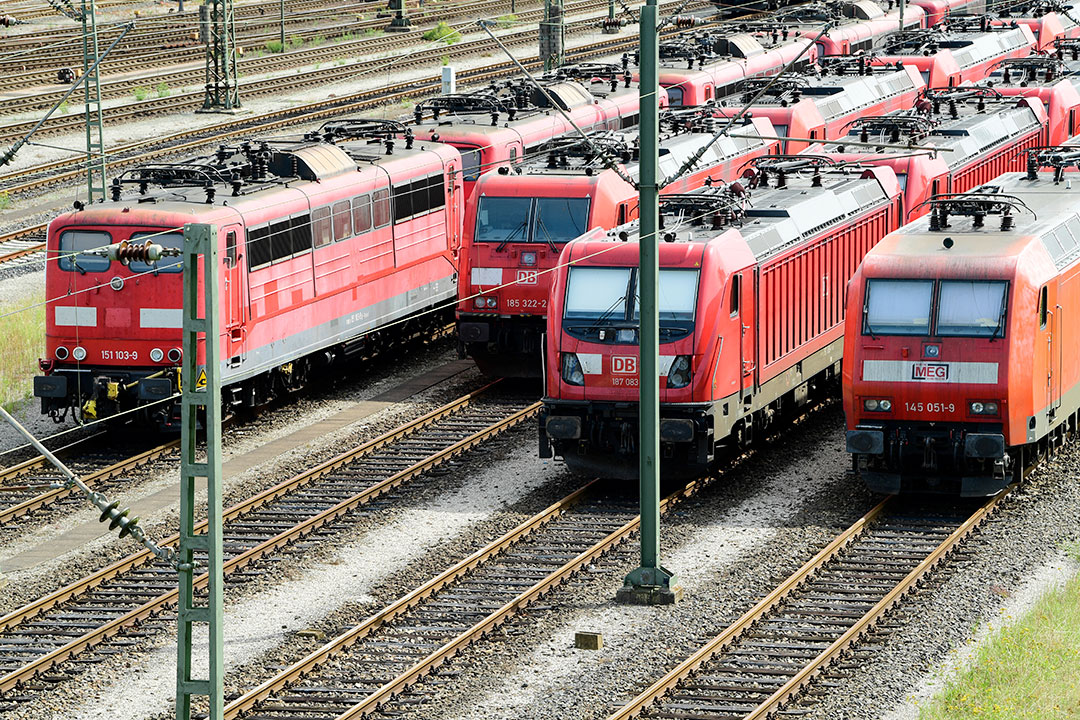- News >
- Train Strike in Germany How to Keep Your Travel Plans on Track
Train Strike in Germany How to Keep Your Travel Plans on Track

Travelling can often be unpredictable, especially when faced with unforeseen disruptions like a train strike. Germany, known for its efficiency and extensive railway network, is experiencing a significant train strike. This strike poses challenges for travellers, potentially affecting their plans.
Understanding the situation, exploring alternatives, and preparing are essential for anyone considering a trip to Germany amidst these circumstances. This article aims to provide a comprehensive guide to navigating this situation, ensuring your travel remains smooth and enjoyable despite disruptions.
Let's proceed to the next section, which will discuss the impact of the train strike on transportation. It will include insights into how the strike affects local and intercity travel in Germany.
Impact of Train Strike on Transportation

The ongoing train strike in Germany has dramatically disrupted local commuter services and intercity rail operations. Here's a detailed yet straightforward look at the various aspects of this situation:
- Local Commuter Services Disruptions: Local trains, crucial for daily commuters, are experiencing the most significant impact. The strike has led to fewer trains running, causing many cancellations. As a result, alternative public transport like buses and trams are facing overcrowding. This situation often leads to extended travel times and can disrupt daily routines and plans.
- Intercity and Cross-border Rail Challenges: The strike doesn't just affect local travel; long-distance and cross-border rail services also feel the pinch. Delays and cancellations in intercity trains are common, creating a ripple effect for those with tight schedules or needing connecting flights. This aspect is particularly stressful for travellers with pre-planned itineraries.
- Staying Informed is Crucial: In times like these, having access to the latest information is critical. Regularly checking updates on the Deutsche Bahn website or app can provide real-time information about train schedules and cancellations. Being aware of alternative routes and maintaining flexibility in travel plans can significantly reduce the inconvenience caused by the strike.
- The Impact of Strike Duration: How long the strike lasts is a vital factor. A short-term strike might lead to temporary disruptions, whereas a more extended strike can significantly alter travel plans for a more extended period. Understanding this can help in better planning and preparation.
Alternatives to Train Travel

In light of the unreliability of train travel during strikes, it's essential to consider alternative transportation methods. Here's a detailed and reader-friendly breakdown of various options, along with their advantages and disadvantages:
|
Transportation Mode |
Pros |
Cons |
|
Buses |
|
|
|
Car rentals |
|
|
|
Domestic flights |
|
|
|
Cycling |
|
|
|
Ridesharing services (like Bla Bla Car) |
|
|
Traveller Tips During the Strike

Navigating a train strike in Germany can be a challenging experience, but with strategic planning and adaptability, you can manage your journey effectively. Here’s a detailed guide with practical tips to help you smoothly handle the situation:
- Stay Informed with Reliable Sources: Regularly check the Deutsche Bahn website and other local transit authority sites for the latest updates on train schedules and strike information. Utilising apps like DB Navigator is crucial as they provide real-time updates and can be a lifeline for staying ahead of changes.
- Develop a Plan B: It's wise to have a backup plan in case your train gets cancelled. Familiarise yourself with the alternative travel options we've discussed earlier. This preparation can save time and reduce stress if your original plans fall through.
- Ensure Your Travel Insurance is Strike-Ready: Verify that your travel insurance covers disruptions due to strikes. It’s essential to understand the specifics of your policy, including coverage for trip cancellations, delays, and any unforeseen accommodation expenses.
- Book Flexible Accommodations: Opt for hotels or rentals that offer free cancellation. This flexibility is essential as it allows you to adapt your plans at the last minute without incurring extra costs.
- Travel Light for Greater Mobility: If you have to switch to alternative modes of transportation like buses or ridesharing, having less luggage will significantly ease your travel.
- Travel During Off-Peak Hours: Consider travelling during off-peak times if your schedule allows. This strategy can help you avoid the larger crowds often accompanying reduced train services during strikes.
- Seek Local Insights: Don’t shy away from asking residents for advice. They often have valuable insights on the best ways to navigate the strike, including shortcuts and less-known travel options.
Conclusion
While a train strike in Germany may initially seem like a hurdle, it can pave the way for a uniquely rewarding travel experience. With some preparation and a flexible mindset, you're ready to navigate these disruptions smoothly and enjoy the rich experiences that await your German adventure.
